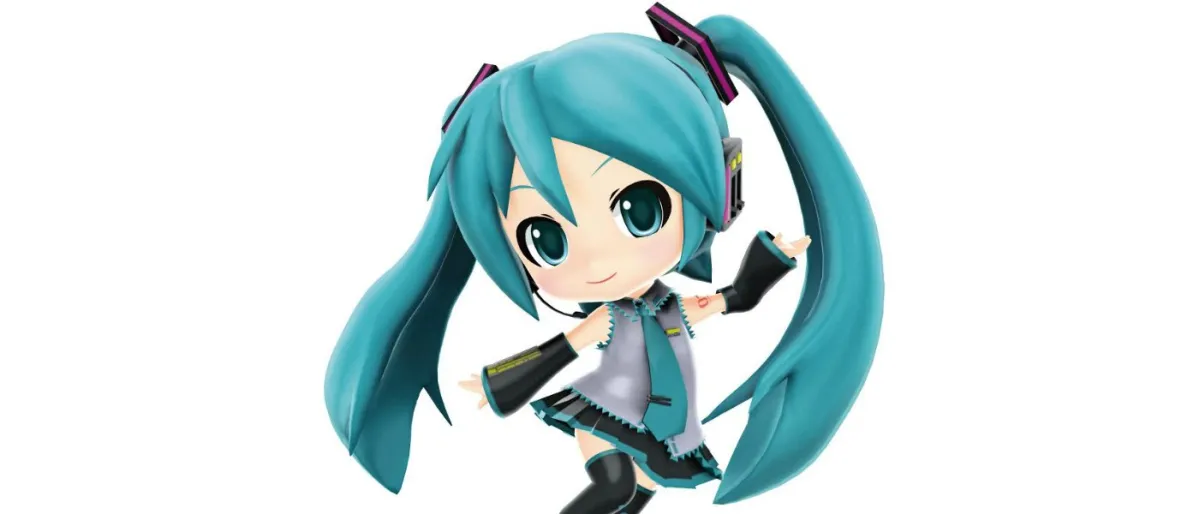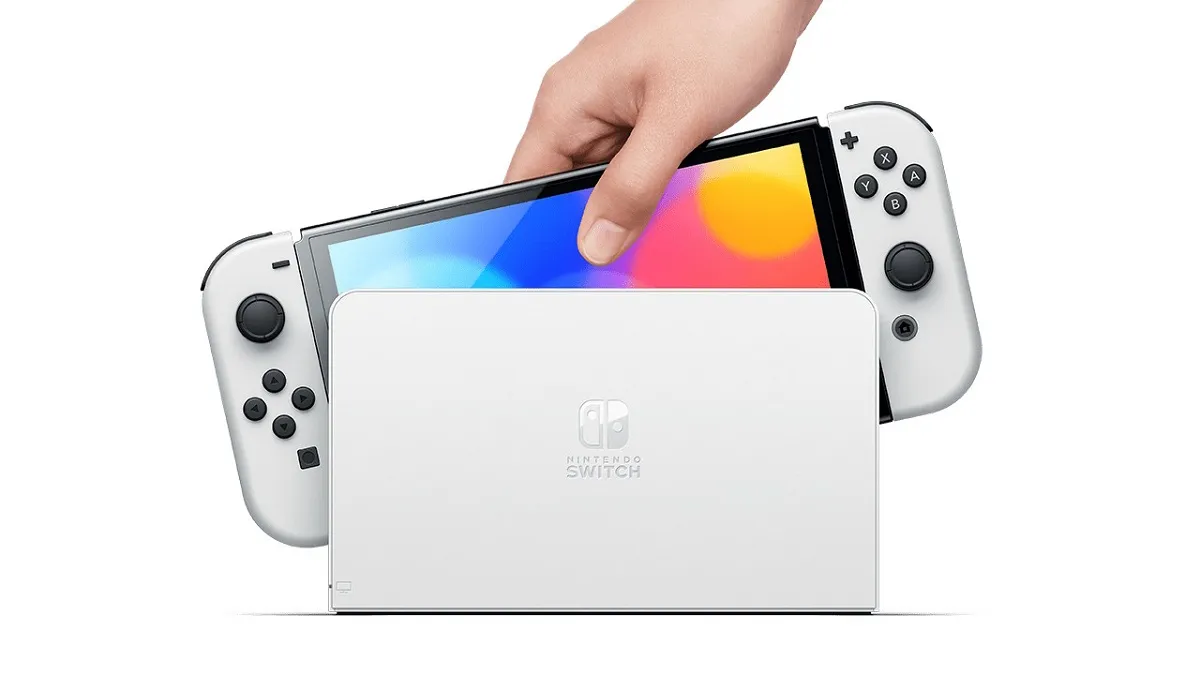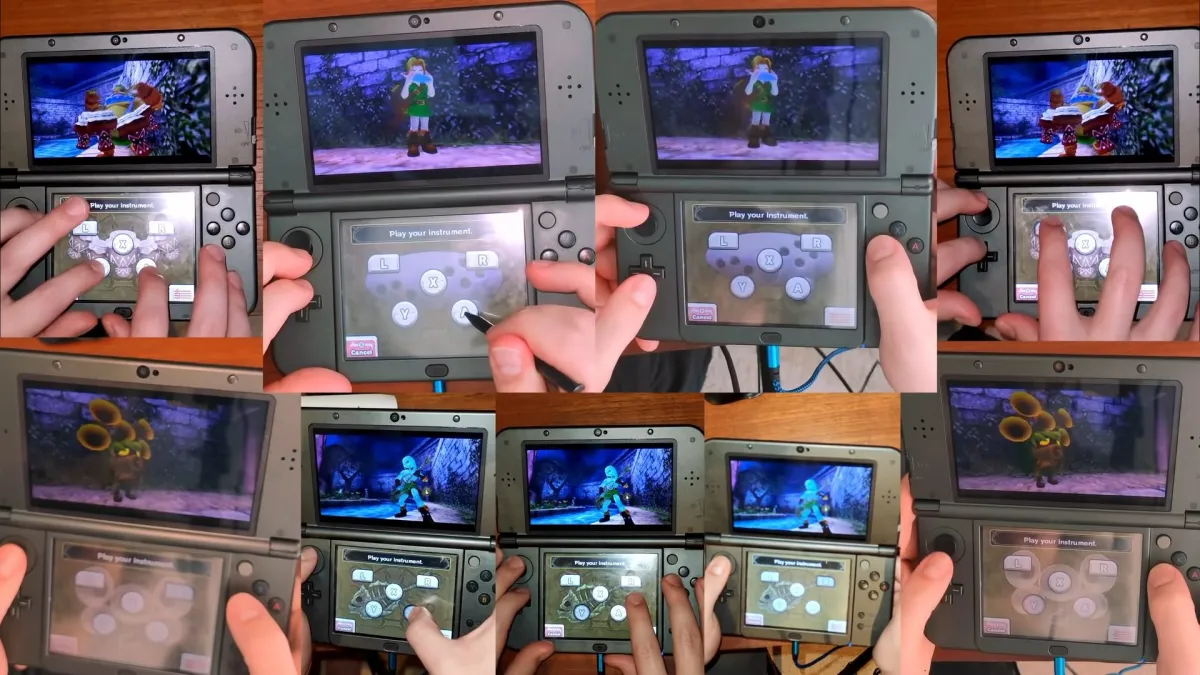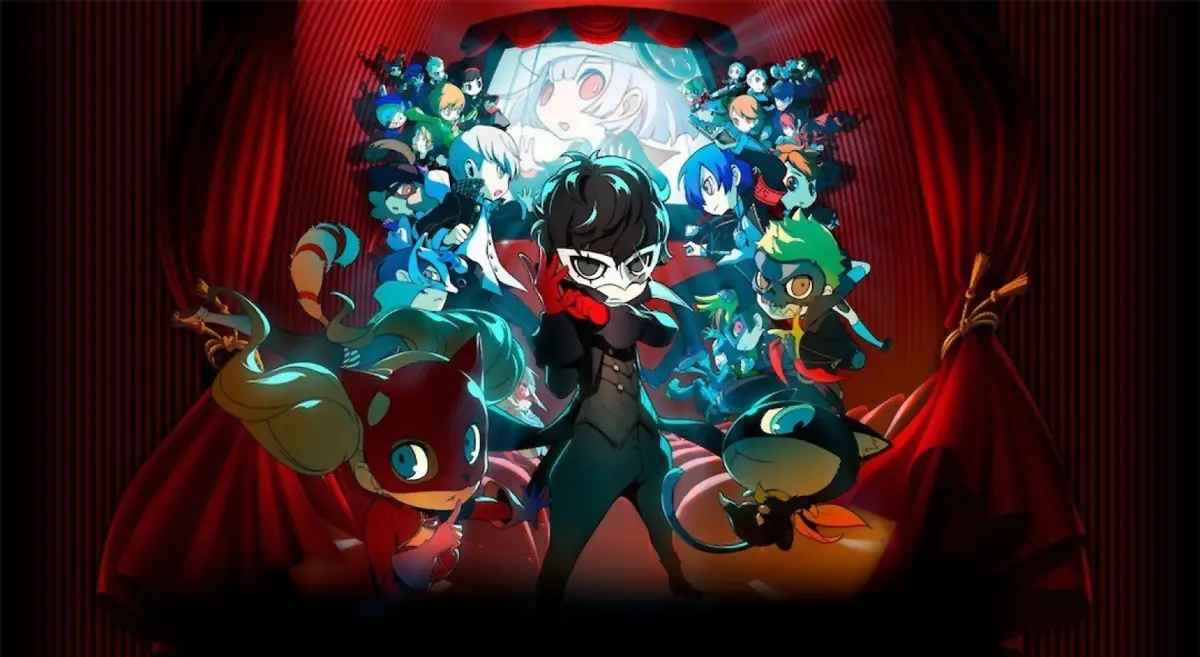FINE
In many respects, Hatsune Miku symbolizes my interest in Japan. It doesn’t matter how much I learn about the virtual pop star or the amazing/bizarre subculture that has taken root around her; it’s tough to imagine ever truly fathoming the vocaloid phenomenon. And yet that’s a large part of the appeal.
Miku is foreign and mysterious — to me, anyway. For others, she’s far more understandable and accessible than any corporeal idol could ever hope to become. Anyone can create music with her, not just record producers or industry professionals, meaning so much of what we enjoy about Miku and her music can be directly attributed to fans… which is a heartwarming sentiment.
Even if I may not be able to fully comprehend why or how she became the international sensation she is today, I can still appreciate the community and their efforts — especially when those efforts come wrapped up in the form of some of the loveliest rhythm games in recent memory.

Hatsune Miku: Project Mirai DX (Nintendo 3DS)
Developer: Sega
Publisher: Sega
Release Date: September 8, 2015
MSRP: $39.99
While Miku’s looks will never fade with age, she certainly has received a bit of a makeover in her latest outing. In Project Mirai DX, a spin-off of Sega’s successful Project DIVA series for Nintendo 3DS, the digital singer and her band of vocaloid pals sport a super deformed chibi aesthetic.
Inspired by Nendoroid toys, the characters all feature massive, distended heads and petite frames, reminiscent of toddlers. The new art direction is one I can’t say I’m terribly fond of, as it gives rise to some awkward moments where the infantile performers unadvisedly attempt to exude sex appeal.
The new look isn’t the only notable change to the established formula, though, as the rhythm game portion of the package has seen some revisions. The basic premise is the same, with notes flying in from off-screen, challenging players to keep time with the beat of the music. Players must either press specific buttons or tap the correct portion of the touch screen at certain times, the accuracy of which (in the aggregate) will determine the level of one’s success or failure.

The touch controls are a new and entirely optional way to play the game. On easy mode, players will tap a single circular area on the portable’s lower screen, with each subsequent difficulty level adding another zone to tap on. This initially seems more forgiving than using the buttons, but on normal and hard mode, with multiple areas to worry about, I actually found this was more challenging. Keeping track of the action on the top screen while needing to tap certain sectors below can be quite the feat, particularly in an up-tempo song when the notes are coming in rather quickly.
The touch controls can also be rather finicky, though. It’s not only easy to tap the wrong portion of the screen, but sometimes the inputs don’t seem to register at all. At other times, the game will ask the player to slide the stylus in a particular direction, which can be difficult if you are already pointing at the edge of the surface and are asked to move in a direction where there’s no room to go.
In contrast with the Project DIVA titles, where notes fly in from every which way to a variety of targets, Project Mirai introduces a single rail system, which I actually found to be a helpful change in most instances. There are times where this can be convoluted, with a crowded rail looping in on itself, or seemingly unfair, where the speed will change at a moments notice and throw off your rhythm, but for the most part it seems to be a better, more straightforward system.

Another aspect where Project Mirai is remarkable is the sheer amount of content included in the package. The rhythm game mode vaunts 48 tracks in total, which span all sorts of genres and visual themes with minimal repetition, keeping the experience fresh and varied throughout.
There are a lot of secondary aspects of the experience, which didn’t necessarily appeal to me, but at the same time don’t take anything away from the game. You can play dress-up and house with a selection of characters. There are mini-games and a somewhat limited mode that allows you to design your own compositions. By far my favorite throw-in, though, is PuyoPuyo 39!, a fun little Miku-themed version of Sega’s tile-matching puzzle game that even incorporates local competitive play.
One thing Project DIVA veterans might not appreciate about Project Mirai is it’s a much easier and more lenient experience. On the other hand, some people find those games to be incredibly difficult and have a high barrier for entry. Personally, I was just fine with the challenge on the hard setting, but some rhythm game masters may be left feeling wanting for more in that area.

Hatsune Miku: Project Mirai DX retains the essence of the Project DIVA series, but it’s definitely its own unique thing. It may not appeal to all fans of the vocaloid songstress’ previous work, and it’s certainly my least favorite outing of hers in the realm of games.
However, that all said, I still generally enjoyed my time with Project Mirai. Despite its missteps, this is a decent game that has a lot to offer for both rhythm game enthusiasts and Miku devotees alike.
[This review is based on a retail build of the game provided by the publisher.]





Published: Sep 4, 2015 11:00 am